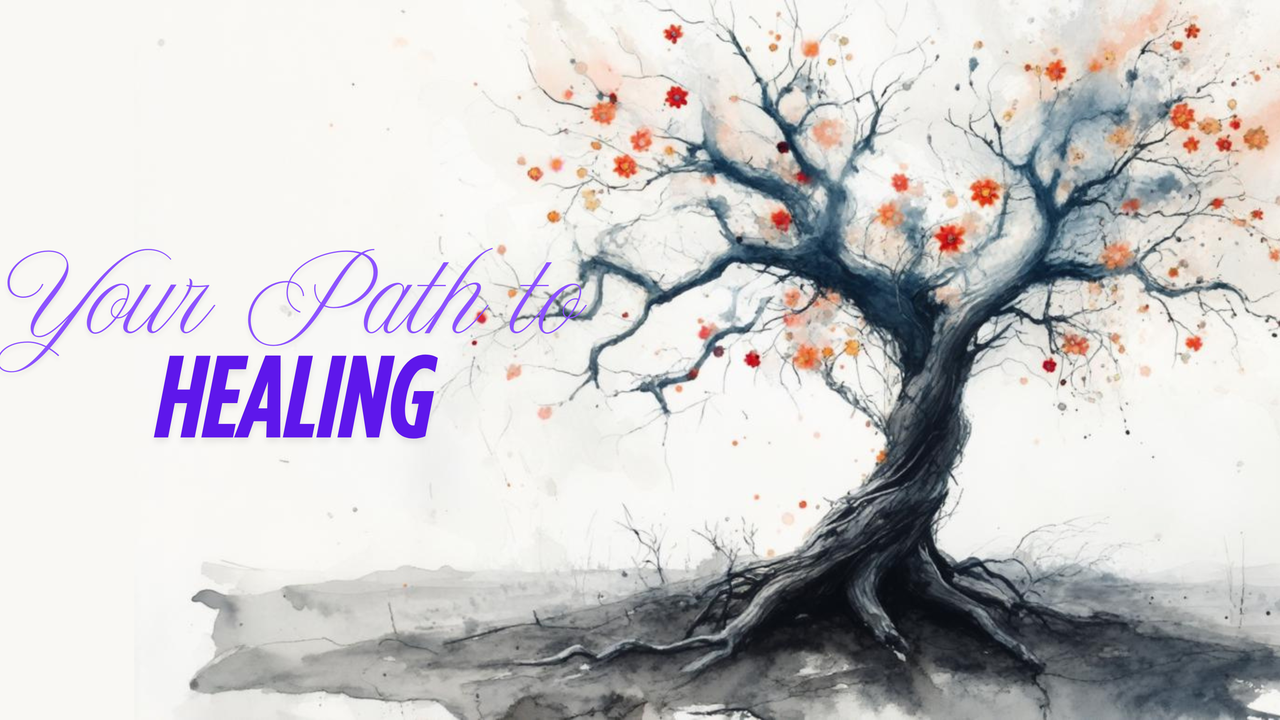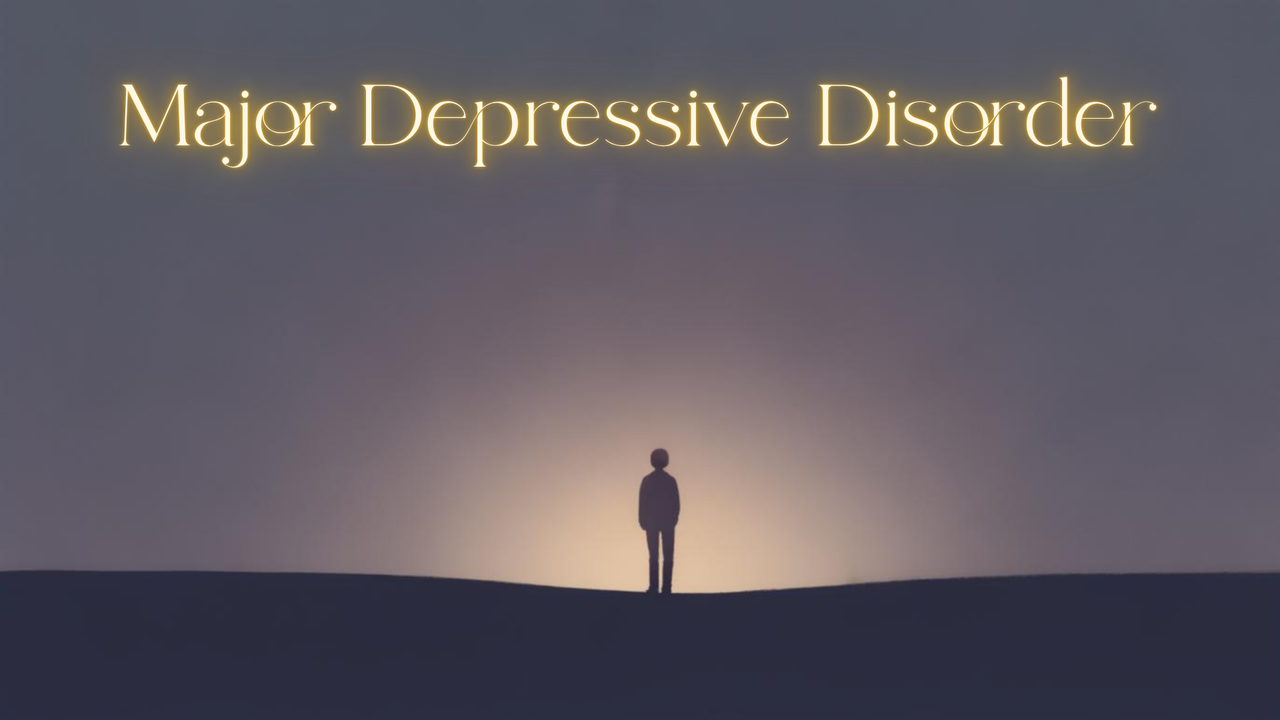Major Depressive Disorder (MDD), often referred to simply as clinical depression, is more than just feeling sad. This is a serious and intricate medical illness that profoundly affects your feelings, thoughts, and actions, frequently resulting in a range of emotional and physical difficulties. Unlike temporary bouts of sadness that everyone experiences, MDD is characterized by persistent feelings of sadness or a loss of interest in activities once enjoyed, significantly impacting daily life. Understanding this condition is the first step towards managing it effectively and regaining a sense of well-being.
What Exactly is Major Depressive Disorder?
Major Depressive Disorder (MDD) is a serious mood disorder characterized by a pervasive and persistent state of sadness, accompanied by a significant loss of interest or pleasure in activities once enjoyed. This goes beyond typical feelings of unhappiness and can profoundly impact daily life. It's a debilitating condition that can interfere with a person's ability to work, sleep, study, eat, and enjoy life. While episodes can occur once in a person's lifetime, it is more common for individuals to have multiple episodes. Clinical depression is not a sign of weakness, nor is it something you can simply "snap out of." It's a real illness that requires professional treatment, much like heart disease or diabetes.
Recognizing the Symptoms of Clinical Depression
To ensure early intervention, it's critical to identify the symptoms of major depressive disorder. These symptoms can vary from person to person in their severity and presentation, but typically last for at least two weeks and represent a change from a person's previous functioning. If you're experiencing several of these signs, especially if they are affecting your daily life, it's important to seek help.
Common symptoms of Major Depressive Disorder include:
Persistent Sadness or Irritability: A pervasive feeling of sadness, emptiness, or hopelessness that doesn't go away. In some individuals, particularly children and adolescents, irritability can be a prominent symptom instead of sadness.
Loss of Interest or Pleasure (Anhedonia): A significant decrease in enjoyment from almost all activities, including hobbies, work, and social interactions, which were once pleasurable. This is a hallmark symptom of MDD.
Significant Weight Changes or Appetite Fluctuations: Unintentional weight loss or gain, or a noticeable decrease or increase in appetite.
Sleep Disturbances: Insomnia (difficulty falling or staying asleep) or hypersomnia (sleeping excessively). Both can be indicators of depression.
Psychomotor Agitation or Retardation: Noticeable restlessness or agitation (e.g., pacing, fidgeting) or slowed movements and speech, observable by others.
Fatigue or Loss of Energy: Feeling tired or lacking energy nearly every day, even after adequate sleep. Simple tasks can feel exhausting.
Feelings of Worthlessness or Excessive Guilt: Persistent feelings of self-blame, worthlessness, or inappropriate guilt, often out of proportion to actual events.
Difficulty Concentrating or Indecisiveness: A diminished ability to think, concentrate, or make decisions, affecting work, studies, and daily tasks.
Recurrent Thoughts of Death or Suicide: Thoughts about death, suicidal ideation without a specific plan, or even a specific plan for committing suicide. This is a medical emergency and requires immediate attention.
It's crucial to understand that MDD doesn't present the same way in everyone; symptom presence and severity can change.
What Causes Major Depressive Disorder?
Genetic, biological, environmental, and psychological factors often combine to create the complex causes of Major Depressive Disorder. It's almost never due to just one cause.
Brain Chemistry: Imbalances in neurotransmitters, which are chemicals in the brain that carry signals between neurons, are believed to play a significant role. Serotonin, norepinephrine, and dopamine are some of the key neurotransmitters implicated in mood regulation.
Genetics: MDD can run in families, suggesting a genetic predisposition. If you have a close relative with depression, your risk may be higher, though not everyone with a genetic predisposition will develop the condition.
Hormonal Changes: Fluctuations in hormones can contribute to depression. This is why conditions like postpartum depression (following childbirth), premenstrual dysphoric disorder (PMDD), and thyroid problems can be linked to depressive symptoms.
Trauma and Stressful Life Events: Significant life events such as the death of a loved one, job loss, divorce, chronic illness, or abuse (physical, emotional, or sexual) can trigger depressive episodes in vulnerable individuals.
Other Medical Conditions: Chronic illnesses like cancer, heart disease, diabetes, or neurological disorders can increase the risk of depression. Managing a chronic illness often brings stress that can contribute to Major Depressive Disorder.
Substance Abuse: Alcohol and drug abuse can both cause and worsen depressive symptoms. While some people may use substances to self-medicate, this often exacerbates the problem in the long run.
Personality Factors: Certain personality traits, such as low self-esteem, pessimism, or being overly dependent on others, may make individuals more vulnerable to depression.
Remember, these factors often interact with each other. For instance, someone with a genetic predisposition might develop depression after a particularly stressful life event.
Diagnosing MDD: A Medical Process
Diagnosing Major Depressive Disorder is not as simple as taking a blood test. It involves a thorough evaluation by a mental health professional, such as a psychiatrist, psychologist, or primary care doctor. The diagnostic process typically includes:
Physical Examination: A doctor may perform a physical exam and order blood tests to rule out other medical conditions that can cause similar symptoms, such as thyroid problems or vitamin deficiencies.
Psychiatric Evaluation: This is the core of the diagnosis. A mental health professional will ask about your symptoms, medical history, family history of mental illness, and any current life stressors. They will use diagnostic criteria outlined in the Diagnostic and Statistical Manual of Mental Disorders (DSM-5), published by the American Psychiatric Association.
Symptom Checklist or Questionnaire: Standardized questionnaires, such as the Patient Health Questionnaire (PHQ-9) or the Beck Depression Inventory (BDI), may be used to assess the severity of symptoms.
It's important to be honest and open during this process to ensure an accurate diagnosis and the most effective treatment plan.
Effective Treatment Options for MDD
The good news is that Major Depressive Disorder is highly treatable, and a combination of approaches often yields the best results. Treatment plans are individualized and depend on the severity of the depression, individual preferences, and potential side effects.
 |
| YOUR PATH TO HEALING |
1. Psychotherapy (Talk Therapy)
Psychotherapy, often referred to as talk therapy, involves working with a therapist to identify and change unhealthy thought patterns and behaviors. Multiple forms of therapy have proven effective in treating Major Depressive Disorder (MDD).
:
Cognitive Behavioral Therapy (CBT): This widely used therapy helps individuals identify negative thought patterns and behaviors that contribute to depression. The goal is to replace these with more positive and realistic ones. CBT is highly effective for managing depression symptoms.
Interpersonal Therapy (IPT) focuses on enhancing relationship skills and improving communication with others. It helps individuals address relationship conflicts, social isolation, and role transitions that may contribute to depression.
Psychodynamic Therapy: This therapy explores unconscious conflicts and past experiences that may be contributing to current depressive symptoms.
Problem-Solving Therapy: This approach helps individuals develop effective strategies for coping with specific life problems that may trigger or maintain depressive episodes.
Therapy can be conducted individually, in a group, or even with family members.
2. Medication
Antidepressant medications can help balance brain chemistry and alleviate symptoms of depression. Several classes of antidepressants are available:
Selective Serotonin Reuptake Inhibitors (SSRIs): These are often the first line of treatment due to their effectiveness and relatively mild side effects.
SNRIs (Serotonin-Norepinephrine Reuptake Inhibitors) work by increasing the levels of both serotonin and norepinephrine in the brain to help improve mood and reduce anxiety.
Tricyclic Antidepressants (TCAs) and Monoamine Oxidase Inhibitors (MAOIs): These are older classes of antidepressants that can be very effective but tend to have more significant side effects and dietary restrictions. These are typically prescribed when other medications haven't been effective.
Atypical Antidepressants: This category includes medications that don't fit neatly into other classes, such as bupropion (Wellbutrin), which primarily affects dopamine and norepinephrine, and mirtazapine (Remeron).
It's important to note that antidepressants take time to work (often several weeks), and finding the right medication and dosage can involve some trial and error. Close collaboration with a doctor is essential to manage side effects and monitor progress. Never stop taking antidepressants suddenly without consulting your doctor, as this can lead to withdrawal symptoms.
3. Lifestyle Changes and Self-Care
While not a substitute for professional treatment, certain lifestyle adjustments can significantly support recovery and improve overall well-being when coping with depression:
Engaging in regular physical activity helps elevate mood by increasing the release of endorphins, the body’s natural feel-good chemicals. Even moderate exercise, like walking for 30 minutes most days of the week, can be beneficial.
Healthy Diet: A balanced diet rich in fruits, vegetables, whole grains, and lean proteins can positively impact mood and energy levels. Limiting processed foods, excessive sugar, and caffeine is also advisable.
Adequate Sleep: Establishing a consistent sleep schedule and ensuring 7-9 hours of quality sleep per night can significantly improve mood and reduce fatigue.
Stress Management Techniques: Practices like mindfulness meditation, yoga, deep breathing exercises, and progressive muscle relaxation can help reduce stress, which can worsen depression symptoms.
Limit Alcohol and Drug Use: As mentioned earlier, alcohol and illicit drugs can exacerbate depression. Reducing or eliminating their use is crucial for recovery.
Social Connection: While depression can lead to social withdrawal, maintaining connections with supportive friends and family is vital. Isolating yourself can worsen feelings of loneliness and hopelessness.
Engage in Enjoyable Activities: Even if you don't feel like it, try to engage in activities you once enjoyed. Starting with small steps can help reignite your interest and provide a sense of accomplishment.
Set Realistic Goals: Break down large tasks into smaller, manageable steps. Achieving small goals can significantly boost self-esteem and increase motivation.
Practice Self-Compassion: Be kind to yourself. Understand that you are dealing with a real illness, and recovery takes time and effort. Avoid self-blame and negative self-talk.
Coping Strategies and Finding Hope
Coping with Major Depressive Disorder is an ongoing process that involves a combination of professional support, self-care, and building resilience.
Establish a Support Network: Connect with trusted friends, family members, or support groups. Opening up about your experiences can ease loneliness and encourage mutual understanding.
Educate Yourself: Learning about MDD empowers you to understand your symptoms and treatment options better. Knowledge can reduce anxiety and fear.
Keep a Mood Journal: Tracking your mood, triggers, and the effectiveness of coping strategies can provide valuable insights for both you and your therapist.
Develop a Crisis Plan: If you experience severe symptoms or suicidal thoughts, have a plan in place. This might include contact numbers for your therapist, doctor, a trusted friend or family member, and a crisis hotline.
Recognize Small Wins: Every bit of progress matters and deserves to be acknowledged. Recovery is not linear, and there will be ups and downs.
Give yourself grace. Recovery takes time, and it's completely normal to face challenges along the way. Experiencing setbacks is a natural part of the recovery process, not a sign of failure.
Advocate for Yourself: Don't hesitate to communicate openly with your healthcare providers about your symptoms, concerns, and treatment preferences. Recovery is a personal journey shaped by your daily choices and consistent actions.


Comments
Post a Comment